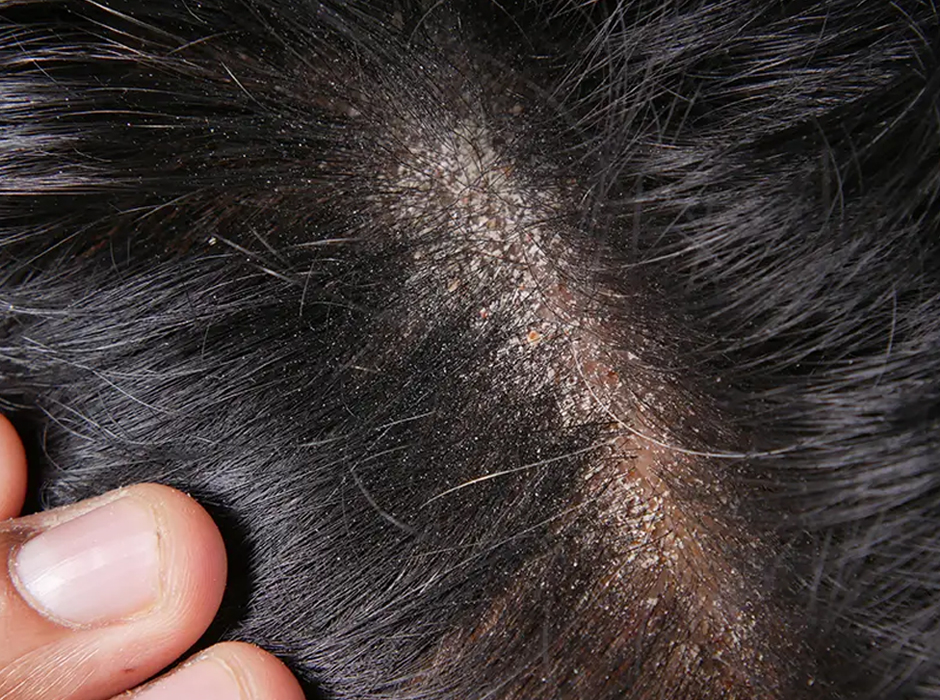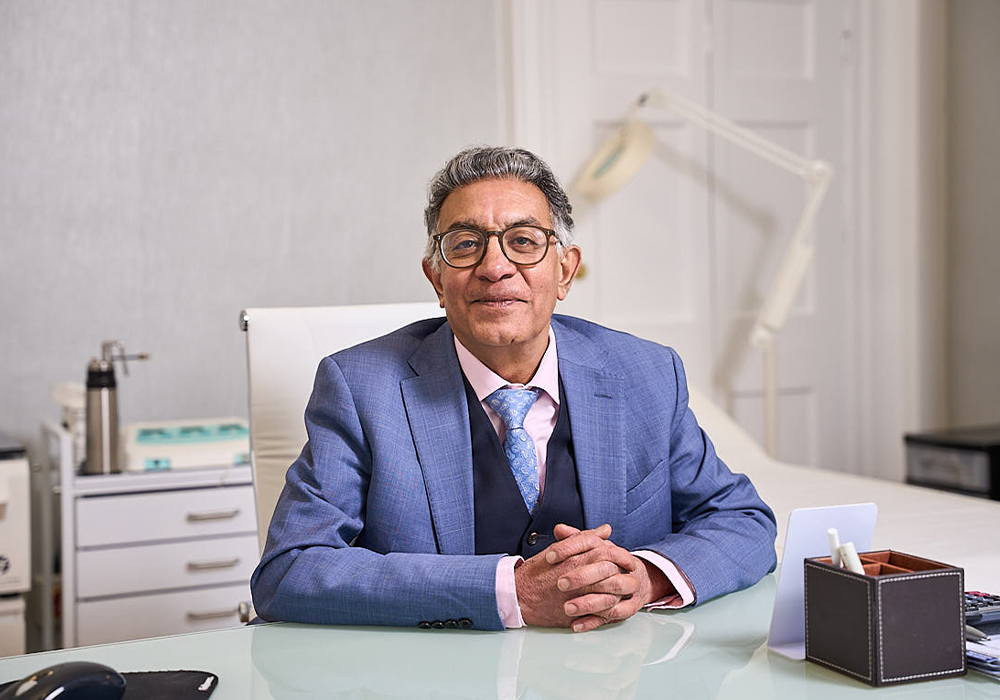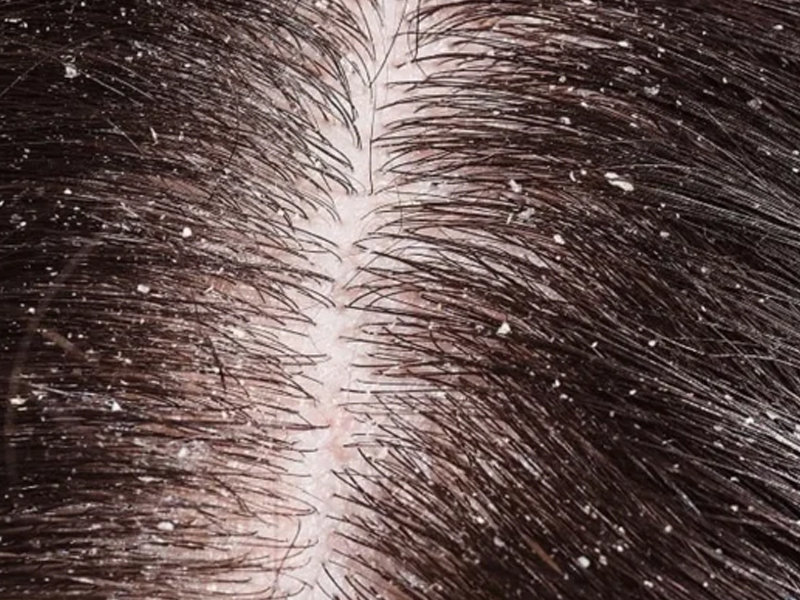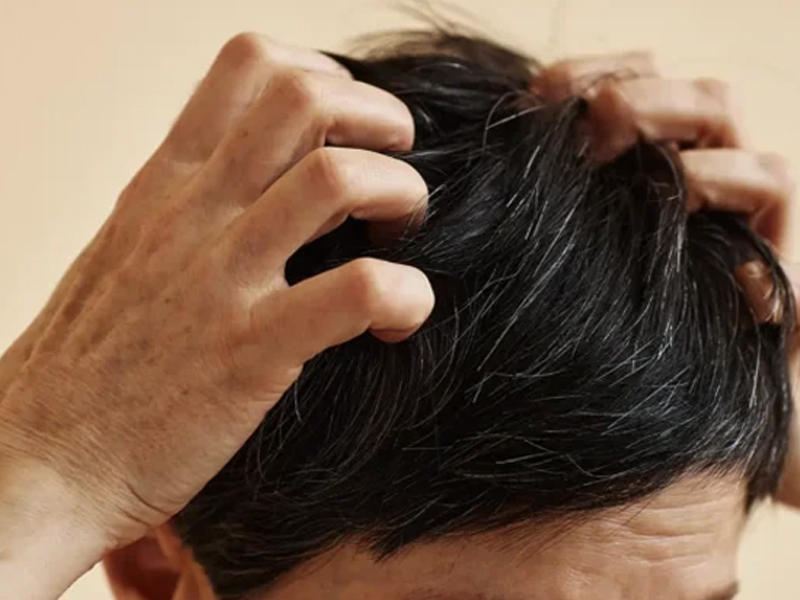Book an Appointment
If you're struggling with scalp irritation, hair thinning, or sudden hair loss, we’re here to help. Book a consultation with a specialist scalp dermatologist at the London Dermatology Centre and take the first step toward healthier hair and scalp.
Call us on 020 7467 3720 or use our contact form to schedule your appointment.







